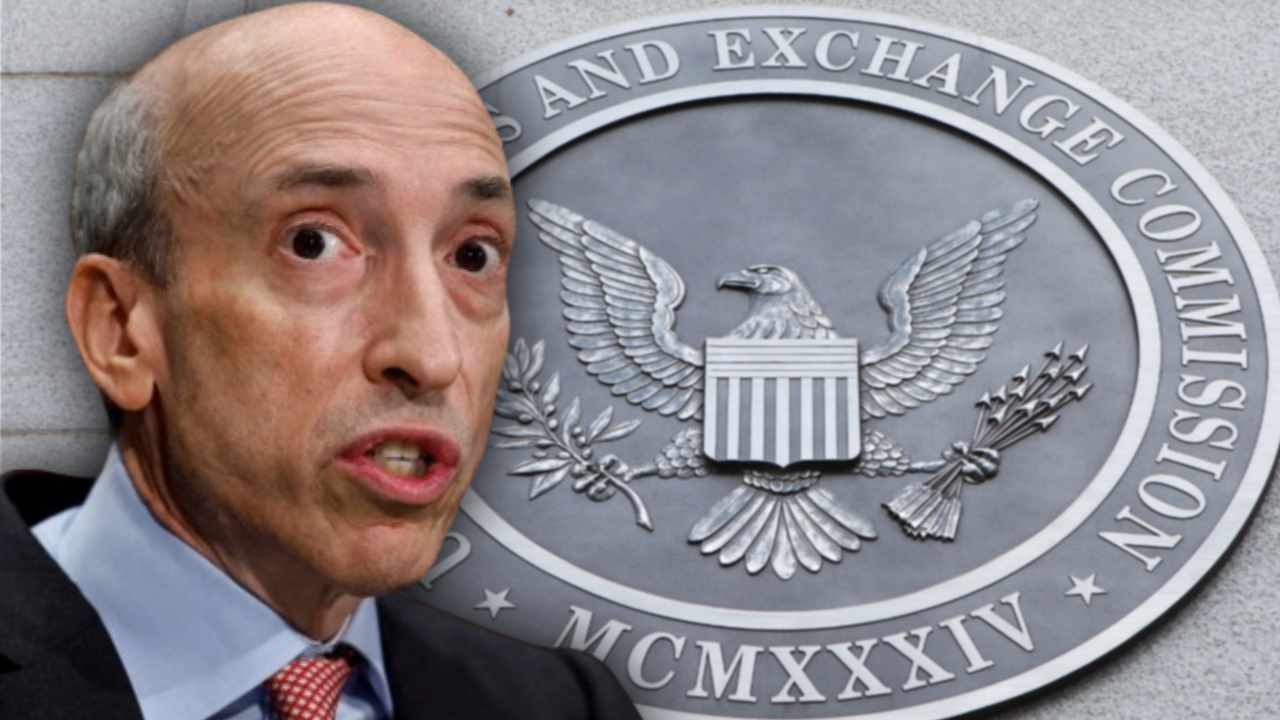The clock is ticking on the US Securities and Exchange Commission (SEC) to regain its tarnished image after consecutive missteps in the cryptocurrency sphere. The embattled agency now stands at a precipice, where its actions could spell redemption or deepen its quagmire. But amidst the rubble of criticism, there might just be a lifeline for the regulatory giant.
Strategy Pivot in the Making
Michael Anderson, of Framework Ventures, has forecasted a seismic shift in the SEC’s communication tactics. From the relentless pursuit of the cryptocurrency domain, he anticipates a pivot to a triumphant announcement, signaling a job well done. This bravado, he predicts, will echo a sentiment of, “Mission accomplished. The crypto realm is now within the secure embrace of regulation.”
Wall Street is no longer a silent observer, either. The financial titans, once observers, have now joined the cacophony of criticism against the SEC. Their scathing rebukes label the SEC’s endeavors as ill-conceived attempts to seize unchecked power. Yet, in a bid to spin the narrative, Anderson believes the SEC might paint recent events with a stroke of positivity.
The financial world has recently been astir, drawing parallels between the SEC’s fumbles and Federal Trade Commission chairperson, Lina Khan’s previous aggressive stances that often culminated in losses. As Khan adopted a more permissive demeanor, Framework Ventures’ Vance Spencer raises a pertinent point: When you’re down and out, perhaps it’s time to cease the descent and painstakingly reclaim lost ground.
Keeping an Eye on the Political Horizon
The political arena is abuzz with speculations, all eyes keenly set on September 12th. This date marks SEC chair Gary Gensler’s appearance before the influential Senate banking and House Financial Services committees. A pivotal moment that might determine the SEC’s forthcoming strategies.
Spencer highlights the final quarter of the year as significant, given the flurry of potential approval dates on the horizon. And come March 2024, the 240-day decision deadline for reviewing ETFs will be upon the SEC. Notably, this deadline encompasses high-profile Bitcoin ETFs from the likes of BlackRock, Fidelity, and Bitwise, among others.
Formerly recognized as Twitter, a recent post by Vivek Ramaswamy on X underscores the SEC’s recent blunders. Ramaswamy emphasizes that US federal courts stand as the bastion against the unchecked might of government agencies. He contends that decisions like the one involving Grayscale could well ensure that Bitcoin and blockchain innovations thrive stateside, rather than being driven to international shores.
Anderson further elaborates on the political undertones, noting the increased attention presidential candidates are dedicating to cryptocurrency. With references to figures like RFK announcing his presidential intentions at a Bitcoin event in Miami, or Ramaswamy’s interactions with Kathryn Haun, Anderson suggests that cryptocurrency could become the rallying point for many campaigns.
Reaching the youth demographic will invariably involve tapping into the world of cryptocurrencies, Anderson asserts. In Spencer’s view, cryptocurrencies serve as a bulwark against over-regulation, appealing to those wary of an overreaching state.
While the SEC has faced a barrage of setbacks and criticisms, the agency’s next moves are crucial. Will they acknowledge their past transgressions and adopt a conciliatory approach, or will they double down, further alienating the crypto industry and its proponents? Time will tell, but one thing is clear: the SEC’s reputation hangs in the balance.





